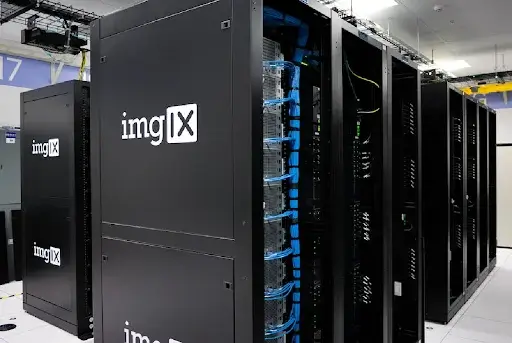Technology has advanced tremendously in the last couple of years. We have many gadgets and devices that help us keep connected and make more memories we will not forget. However, this means you must store the files, photos, or videos somewhere to avoid losing them. And you might think about getting the best storage option for you.
But what is the best storage option? You can opt for an online one or an offline one. You might have heard about the SSD vs HDD debate. What is the difference between HDD and SSD? Is SSD better than HDD, or is it the other way around? Is SSD faster than HDD? Does it matter if the only thing you want to do is to store your files? Let’s find out more about the HDD vs SDD speed and the best external hard disk option you have.
Speed and Performance
Both SSD and HDD have their strengths and weaknesses. So, we will first look into their speed and performance. SSDs are significantly faster than HDDs. This is because they use flash memory to store data, which makes accessing your data almost instant. This translates into faster boot times, quicker application launches, and improved system responsiveness. Of course, you must also look into how to lower CPU usage. You have to think about your computer too and the storage option you choose. Learn more about IMD persistence agents and how to lower CPU usage to make sure you make the best decision for you.
Capacity
Your file storage needs grow as you travel, socialize, and engage in personal projects. Whether you’re an avid photographer or videographer, high-quality files demand ample storage space. In this aspect, HDDs typically provide larger capacities compared to SSDs. If you’re seeking the best external hard disk with a lower cost per gigabyte, an HDD is a fitting choice. A hybrid hard drive could also be a cost-effective solution for sizeable files.
Durability and Reliability
Another crucial factor in choosing between a hybrid hard drive and an SSD is its durability and reliability. The last thing you want is to invest in a storage solution only to risk losing your files over time. SSDs hold an advantage as they are inherently more durable, thanks to their absence of moving parts. However, HDDs rely on moving components that can be susceptible to failure, especially in scenarios involving frequent travel. SSDs exhibit superior resilience against shocks, drops, and vibrations, making them a prudent choice for those on the move.
Noise and Heat
Consider the acoustics and heat emission of your devices, as these factors can impact the safety of your data. In settings that prioritize silence, opting for an SSD is advisable. SSDs operate quietly and produce minimal heat, making them suitable for laptops and noise-sensitive environments. In contrast, HDDs generate noise and heat due to their spinning disks, which can be considered in quieter workspaces.
Use Case
Of course, SSDs and HDDs cater to diverse needs. SSDs are the go-to for swift and responsive performance, making them ideal for gaming and video editing tasks. On the other hand, if you prioritize storage capacity over speed, HDDs are the better choice, particularly for applications like backup storage and managing extensive media libraries.
Conclusion
Tailoring your storage solution to your demands involves choosing between the SSD and the HDD. When urgency and optimal operation prove paramount and financial considerations are not a hurdle, the SSD is the preferred selection. However, should your requirements lean towards voluminous storage capacity and a willingness to trade swiftness for it, the HDD emerges as the more fitting preference, often coupled with a cost-effective appeal. Alternatively, you may ponder a fusion of both realms, where the SSD assumes its role as the primary storage unit while the HDD stands by as supplementary storage support. In this case, your verdict hinges entirely on your prerequisites and financial limitations.
